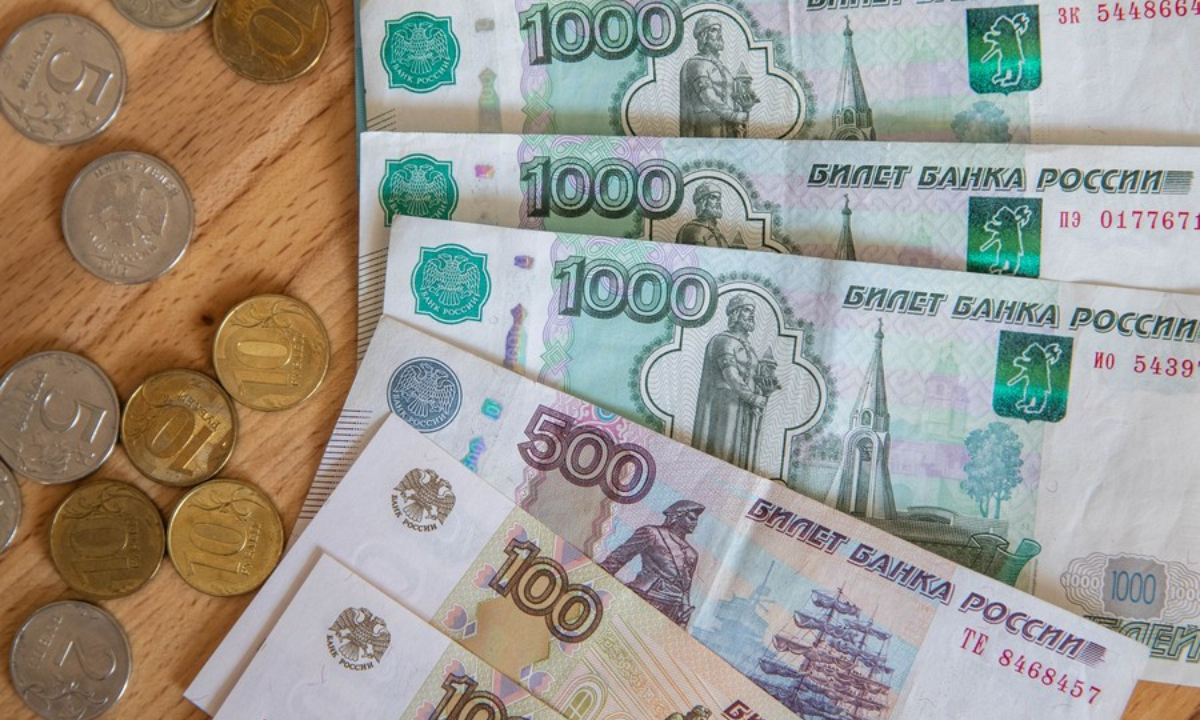.
International reasons for the
argument
Besides numerous domestic problems, investigators
in the Russian Federation face difficulties associated with
the international nature of money-laundering. Economic
difficulties and budgetary constraints prompt the Russian
authorities to focus primarily on the recovery of assets.
Since it appears that more resources are leaving the
Russian Federation than entering the country, the focus is
on the recovery of assets placed in other countries. This
means that cases require fruitful cooperation between
several countries, which often fails to happen. Successes
in the investigation and prosecution of money-laundering
cases have been the result of coordinated actions with the
law enforcement agencies of other countries, and these
remain exceptions rather than the rule.57
Russian investigators and prosecutors state that they
usually fail to locate or confiscate the proceeds of crime
because they are outside the Russian Federation. The
criminals themselves are also often located outside
Russian jurisdiction. Differences in the legal frameworks
of various jurisdictions make it hard or sometimes
impossible to convict criminals or even to initiate
investigations. Moreover, Russian law enforcement
representatives argue that the misapprehension of the
political realities in the Russian Federation by the foreign
authorities often play into the hands of criminals, who
manage to obtain from these authorities decisions on their
non-extradition or political protection.58 Even in cases
when the criminals are eventually convicted and the
assets confiscated (with the cooperation of the Russian
law enforcement agencies), the Russian authorities often
do not receive the assets confiscated. The assets remain in
the countries where they have been confiscated. This
situation is not unique with regard to the Russian
Federation,
as Shelley notes in general that existing legal
policies merely enrich the developed countries that have
already benefited from the illicit capital,59 while
developing and transition countries badly need these
assets for their sustainable development.
This failure to acquire assets (in addition to the lack
of capacity to build strong cases and convict criminals in
the Russian justice system) gives the Russian authorities
the most compelling motivation to seek other means to
recover assets. It is believed that proposals are often
discussed and arguments are built on cutting deals with
the suspects of money-laundering cases. In return for the
promise from the authorities not to pursue criminal
investigations, the suspects are expected to surrender to
the Government a share of the assets laundered. Or they
might be offered just to invest their capital in the Russian
Federation, for example, in enterprises that would provide
employment to a large number of Russians.
The Russians did not invent the idea of injecting
illegal money into the legal economy. Many other
countries have already tried various strategies to amass
black money and to fill the gaps in their national budgets
or investment funds. It has been done by the issuance of
securities with or without the identification of the owners
of cash, through tax amnesties or capital flight
amnesties.60 Spain, in 1985, issued black treasury bills to
finance its deficit. India, Pakistan and Sri Lanka over the
last few decades have issued several varieties of
securities, all with conditions—“no questions asked about
the source of funds”. Furthermore
, in addition to asking
no questions about the source of the money, Pakistan
pledged to drop all tax evasion cases outstanding against
persons or companies buying them. Tax amnesties have
been offered by Argentina, Austria, Belgium, Colombia,
Ecuador, France, India, Ireland, Italy, Panama and the
Philippines. Hit by the capital flight of about $85 billion
during 1977-1987, Mexico announced in 1989 that
Mexicans could receive a complete amnesty by paying a
maximum tax of 5 per cent on interest and dividends
received for the period when the money was held abroad.
The results of these policies have been mixed and
little success was reported about the subsequent inflow of
funds. However, they have turned out to be good
instruments for laundering money. Moreover, in some
cases they have even encouraged people to turn to the
underground economy. The measures offered not only
legalization of past crimes and other illegal activities, but
also rewards for the sums generated. Hence, the main
17
Russian capitalism and money-laundering
danger of the legalization policies lies in its ability to blur
further the distinction between what is legal and what is
illegal. The consequences of this policy could be farreaching and harmful. Although the policy might bring
financial gains in the short run, it might bring greater
problems in the future as well. It can promote tolerance
towards the crime. It might encourage further breakdown
of social cohesion and the spread of more predatory forms
of economic behaviour. Hence, international experiences
in legalization and amnesty call for careful consideration
of various policy alternatives before opting for
legalization and/or amnesty.





0 Comments